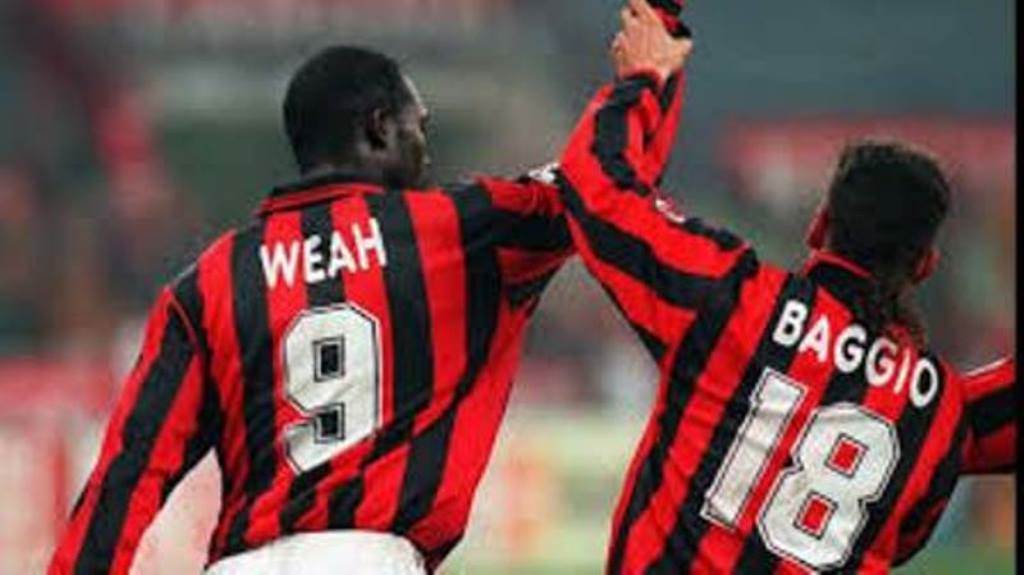|
George Weah might have been remembered as one of the greatest players never to take part in the World Cup tournament.
That category is an honor – good enough to win a World Cup if all those players were assembled in their prime. Now George Tawlon Manneh Oppong Ousman Weah has another honor – president of Liberia. He was sworn in Monday after being elected last December, fall, the first footballer to run a country, as far as I can see. Weah is also a New Yorker, married to an American, with a home in the area, and also a presence on the playing fields. There are legends of a fleet and resourceful player, with an assumed name, popping up at Metropolitan Oval in Queens or some other local den, playing with some semipro club. ''The Concorde,'' he told me in 2001. ''I'd be in New York on Sunday and go back on Monday.'' He is a myth – who was that masked man, making a run toward goal? Now he is a president, and good luck with that. He has come through the fire of Charles Taylor’s murderous regime, having relatives beaten and raped in a home he owned in Liberia. I could feel the sizzle of anger as he alluded to the troubles he had seen. Now he is a duly-elected leader. Weah’s inauguration comes at a visible time for Africa. The President of the United States, a dangerous ignoramus named Donald J. Trump, recently referred to “shithole” countries, including Africa, during a diatribe in front of senators, some of them suffering serious memory loss. Also, PBS has been showing a marvelous series by Henry Louis Gates, Jr., called “Africa’s Great Civilizations,” showing the rich and complicated roots of all humanity. My wife and I watched the final four hours Sunday night, seeing ruins of castles and ports that thrived due to the trade winds. Gates told of vastly diverse cultures, fierce and wise and benevolent rulers, female warriors and scholars and traders and artists. Gates’ most passionate moment comes when he says if there is a hell, he is sure it contains the monarch who exported a million or more slaves to willing markets in Africa and the New World. There was also a segment on a great Zulu chief and tactician named Shaka who deployed armies. I have heard the name, including the Trinidad & Tobago goalkeeper Shaka Hislop, who held Sweden to a 0-0 draw in the 2006 World Cup and has a master’s degree from Howard University. Most Americans, including myself, know little about Africa but we do know the damage committed by European and American interests. I would suggest donating to PBS and taking the gift of the Gates series. Now there is another hook for Americans to think of Africa: For me, George Weah emerged on the wavy screens of non-cable American TV on Sunday mornings in the 90s, playing for AC Milan, when Serie A was the best league in the world. Between 1995 and 1997, AC Milan brought in Roberto Baggio, who produced one of the most beautiful goals I have ever seen. I cannot find the exact video but I know I saw it: From midfield, wearing that classic red and black striped Milan jersey, Baggio spotted Weah moving fast toward the offside line and floated a ball that intersected perfectly with Weah, at full sprint, all alone, making a fake or two and lashing the ball into an unguarded corner of the goal – two brilliant football minds, meeting in time and space, on a field in Italy, lightning from a clear sky. Life is more complicated for George Weah now. He takes over an African country, settled partially by some returning slaves but also colonists from America. Much of the continent is still looking to overcome what Belgians and English, French and Americans, did to it. May George Weah’s wits and will be as fleet as when he was on the field.
bruce
1/26/2018 12:11:30 pm
george, Comments are closed.
|
Categories
All
|










